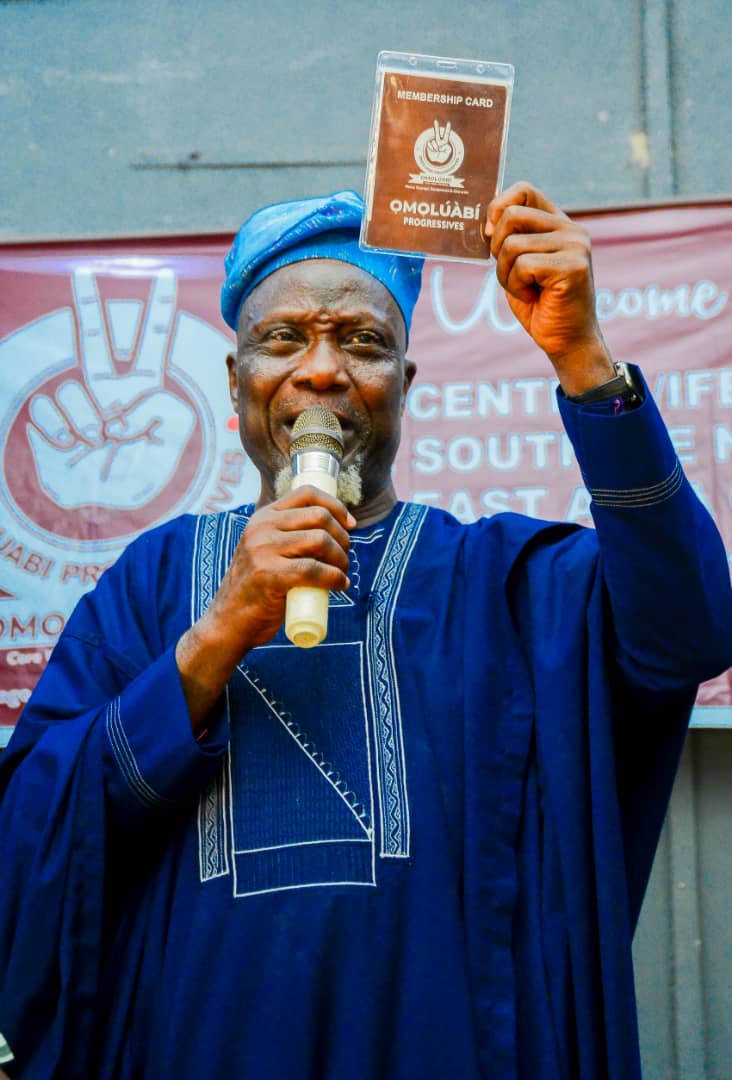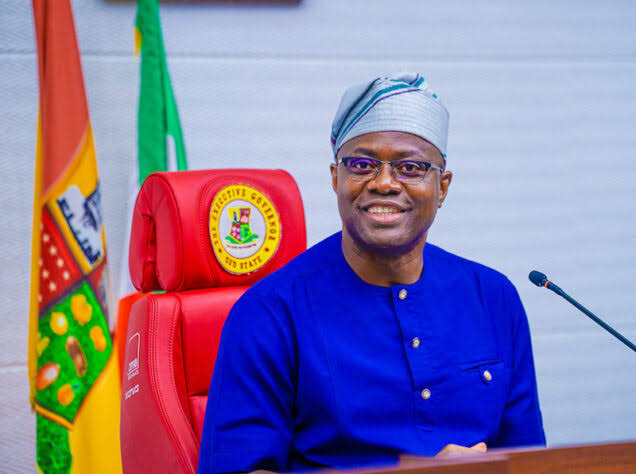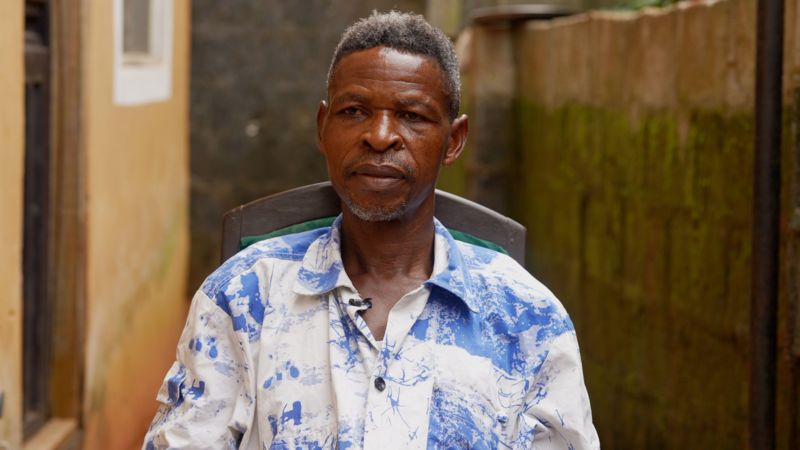World Cup: England vs Panama
SOCHI, Russia — For a hint that things might really, really be different with England in 2018, check out its 21st-century history in dealing with the minnows, guppies and small carp of CONCACAF, all the way up to that 6-1 blistering of Panama on Sunday way up in Nizhny Novgorod.
In 2006, England bested wee Trinidad and Tobago 2-0 in group play in Nuremburg, Germany, and it cheated to do that. Back then Trinidad & Tobago, long before it made the United States its victim, stood as the smallest-ever World Cup contestant at the time, having wriggled through Bahrain in a two-leg qualifying scrap that followed the CONCACAF season. Yet England did not score for the first 82 minutes, and had you watched this in, say, a pub in Soho in London, you would have detected a mixture of tedium, long-rehearsed frustration, mild resignation and drinking.
In the 83rd minute of this occasion of both inspiration (a little country stays level) and dreariness (a “golden generation” of a major soccer country stays level with a little country), the 6-foot-7 English striker Peter Crouch needed a little extra propulsion to rise above the 6-foot-1 Trinidadian defender Brent Sancho. Thus did Crouch yank himself upward by Sancho’s dreadlocks. Besides calling into question whether dreadlocks constitute an unwise gadget to carry around the sport, the moment managed to achieve preposterousness in multiple ways.
By now, the 1.3 million citizens of Trinidad and Tobago, roughly the same as San Antonio, also can chatter about how last fall, they made the United States their victim, ousting from CONCACAF qualifying the populous behemoth (if not soccer behemoth). From 2006 to 2017, they apparently often spoke of Crouch and dreadlocks.
“It is folklore here in Trinidad,” Sancho told BBC Radio Kent in 2015. “It is one of those things that anywhere I go, people will always remind me.”
A lukewarm England reached the quarterfinals that time, but never appeared worthy of same.
In 2010, CONCACAF-wise, England opened in Rustenberg, South Africa, by drawing 1-1 with the United States, a match of which the memory bank blares with one thing: English goalkeeper Robert Green’s melancholily human blunder on 40 minutes.
Steven Gerrard had scored on four minutes for England, perhaps wreaking English optimism among young viewers who refused to listen to their parents about reality. On 40 minutes, that Texan Clint Dempsey whipped his left leg to propel one from atop the box toward Green, to whom it skittered directly and without any signs of mischief.
It then caromed off his glove and slowly trickled into the net as he slipped slightly and then lunged back for it in the kind of way that turns up in many an REM nightmare of human beings. Manager Fabio Capello, such a careful orchestrator of preparations, took on the kind of expression that shows there are so many things in life for which nobody can prepare.
England did emerge from the largely toothless group after drawing with Algeria and taking the measure of Slovenia, then went out convincingly to Germany immediately thereafter.
In 2014, England lost to Italy and Uruguay before drawing 0-0 with CONCACAF’s Costa Rica in an episode of a deadness that felt deader than dead. Here’s Daniel Taylor in the Guardian (with occasional dialectic spelling changes): “Imagine, for one moment, England’s bland ignominy and just reflect on the moments at the final whistle. Costa Rica — little, patronized Costa Rica — have won Group D and their manager, Jorge Luis Pinto, could be seen punching the air and bellowing to the skies. As one team traipsed away apologetically, the other reflected on the prize of a knockout tie in Recife on Sunday. They have done it from a country of 4.8 million people. Or the equivalent of 10 Bradfords. “It’s a conundrum,” as (England Manager) Roy Hodgson said.
That mirthless failure to show even a hint of an EKG of reaching the knockout stage seemed to quash whatever expectations still lurked within England. The famous loss to Iceland in Euro 2016 lent further quashing. Yet maybe it’s true that, as in, oh, the NHL, destroyed expectations might help out somehow. In the days before this World Cup, England Manager Gareth Southgate welcomed the quashed expectations without a trace of bitterness, even as scribes and others spoke of a 2018 team less inchoate and more unified even if not as anticipated.
The England that decimated Panama did business in the manner one would expect of the nation with the world’s most-watched league. If things really are different in 2018, maybe you can measure it partly by using little old CONCACAF.
***
In-game updates
Group G, Nizhny Novgorod Stadium, Nizhny Novgorod
England had it from the first whistle. Just nine minutes into the match, England scored its first goal and after that, there was no looking back. England continued to score goals throughout the entire first half, entering halftime with a record five goals, and then added one more in the second half.
Those five first half goals tied for the second most goals ever scored in a half of the World Cup and the six total goal is the most goals scored for England in the tournament.
Panama did manage to get on the board in the 77th minute of the match, marking the team’s first-ever goal in the World Cup. Felipe Baloy, who scored Panama’s lone goal, is the third oldest player at the time of his first career World Cup goal.
Goal, Panama!
Panama finally gets on the board with 37-year-old Felipe Baloy’s shot in the 77th minute. It’s the country’s first-ever World Cup goal.










